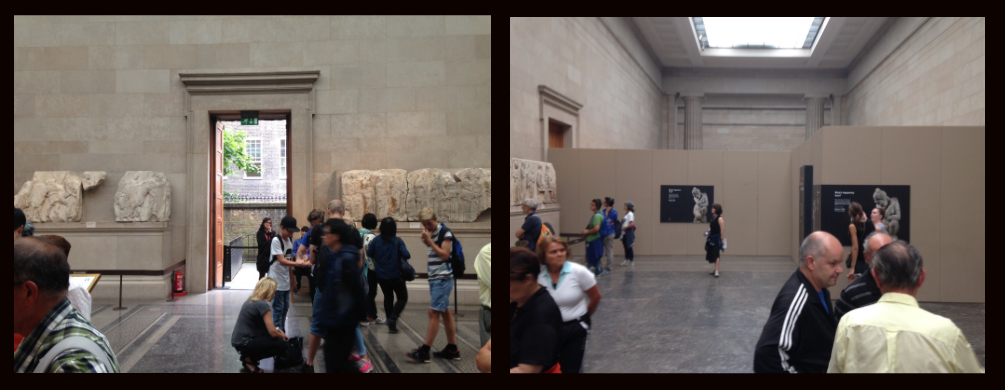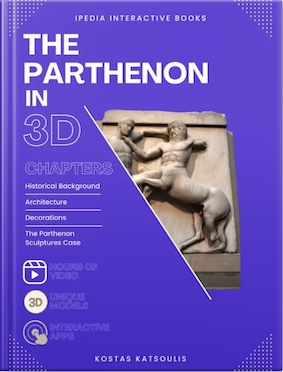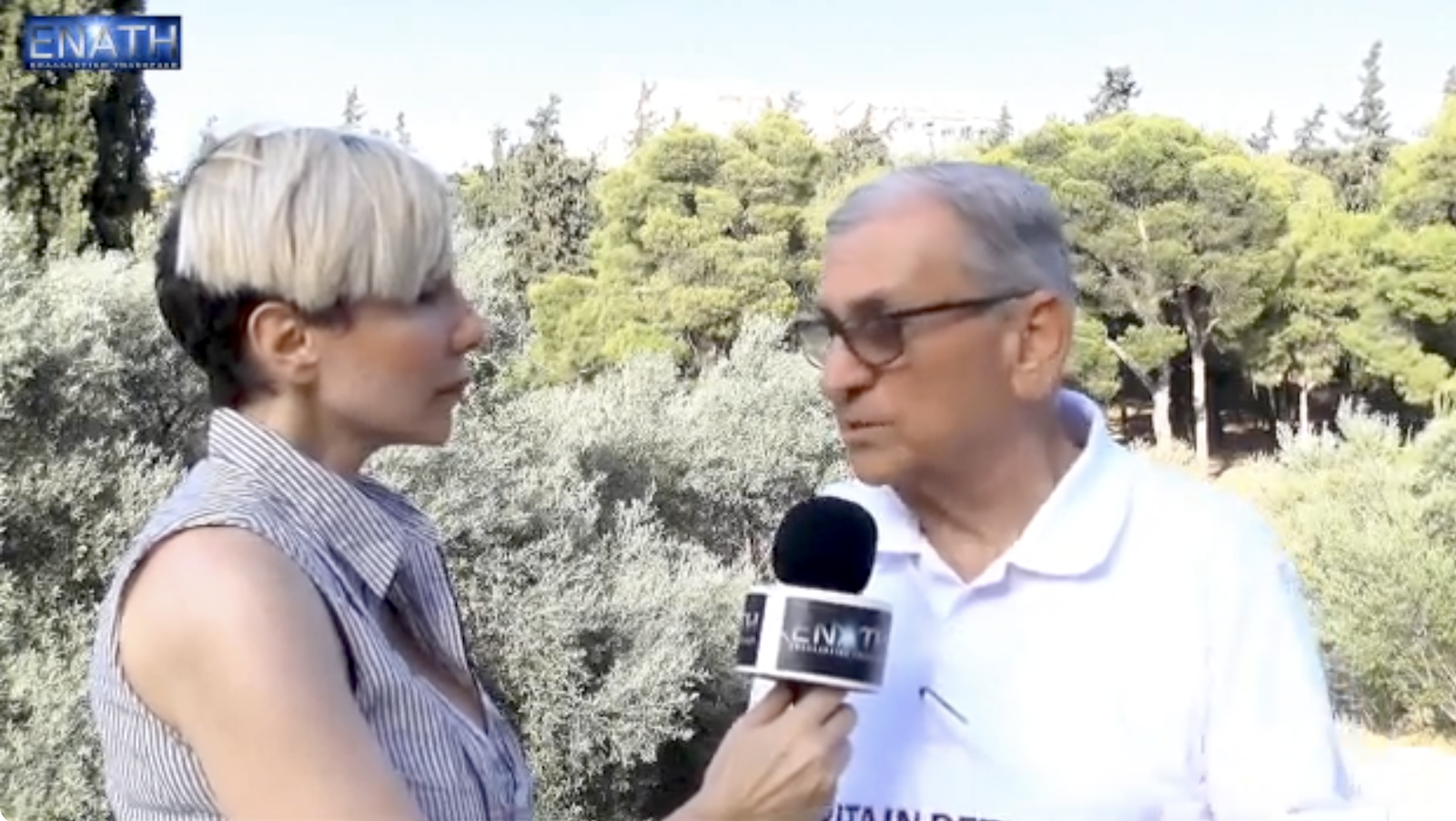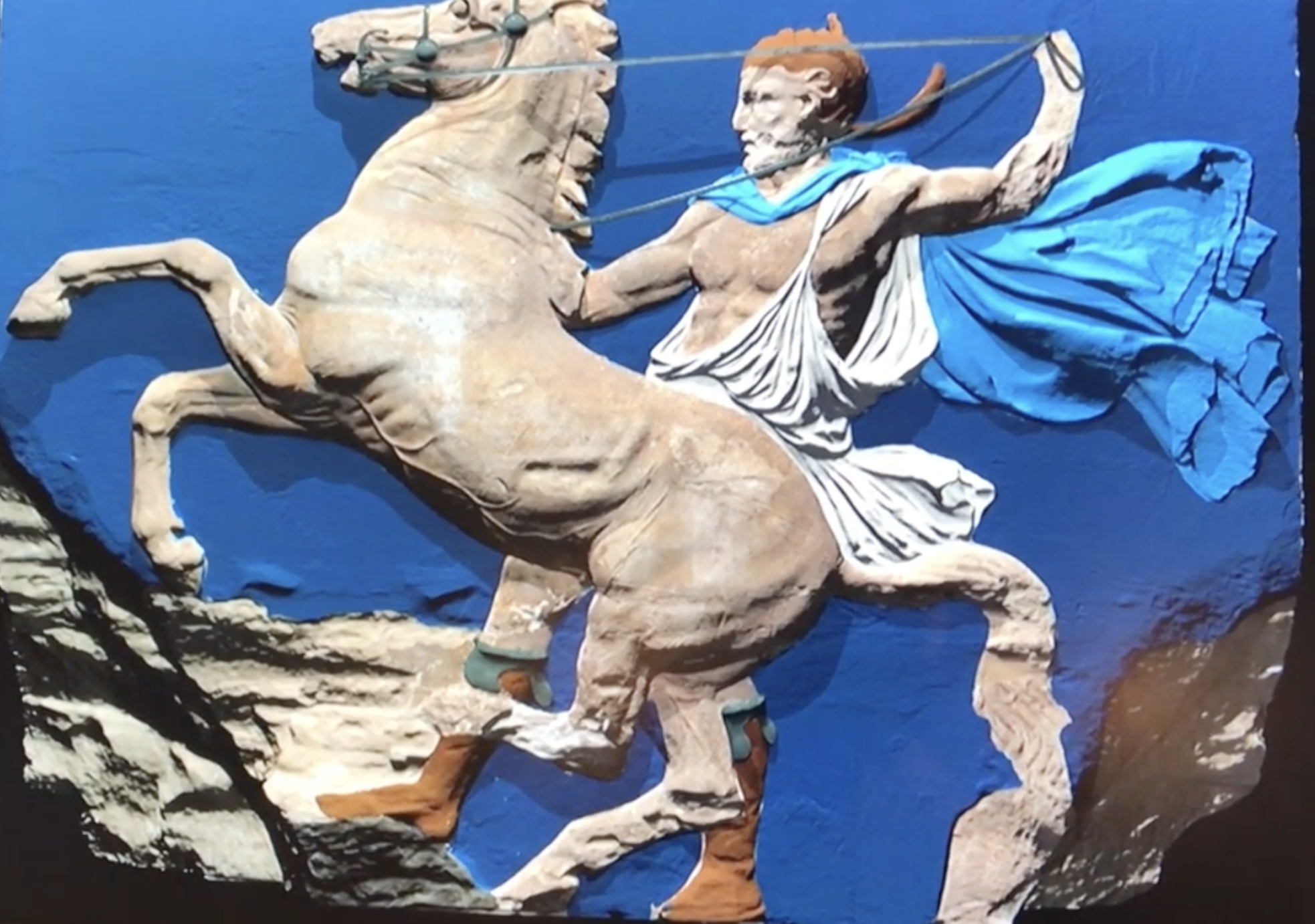

The Observer article follows
Despite the fact that the UNESCO intergovernmental commission recently unanimously voted for the return of Grecian Parthenon sculptures from the U.K. to their country of origin, the U.K. has summarily rejected this proposed order of events, new reports indicate. Despite ongoing conversations regarding the importance of returning ancient artifacts to the countries from whence they came, the United Kingdom is arguing that the specific Greek items currently housed in the British Museum were obtained legally; therefore, the country is arguing that it bears no responsibility to return the sculptures. The British Museum has retained the sculptures in question within the institution for almost 200 years.
Additionally, despite claims that the items were stolen, the British Museum has maintained the position that the sculptures were acquired legally by Lord Elgin, the British Ambassador to the Ottoman Empire. The museum claims that Elgin was granted a permit between 1801 and 1805 that authorized him to remove a significant amount of sculptures from the Parthenon, the Erechtheion, the Temple of Athena Nike and the Propylaia. Additionally, the British Museum’s website states that a Parliamentary Select Committee in 1816 found Elgin’s actions to be entirely legal.
“We disagree with the Committee’s decision adopted in the closing minutes of the session and are raising issues relating to fact and procedure with UNESCO,” a U.K. government spokesperson told Artnet News. “Our position is clear—the Parthenon Sculptures were acquired legally in accordance with the law at the time. The British Museum operates independently of the government and free from political interference. All decisions relating to collections are taken by the Museum’s trustees.”
The British Museum has also recently fielded requests from artists and governmental representatives in Nigeria who’d very much like to see the return of the Benin Bronzes; these priceless cultural artifacts have also been housed in the U.K. for a long time. Around the world, several different countries have more readily agreed to return the Benin Bronzes in their possession; Germany, for example, has accelerated its talks to return the Benin Bronzes in the country to Nigeria.
Our commentary
The British response to Greek requests for return of the Parthenon Marbles has long been:
“Elgin was granted a permit between 1801 and 1805 that authorized him to remove a significant amount of sculptures from the Parthenon.”
Of course it can’t be substantiated, there is no permit.
Britain has also made the point that returning the Parthenon Marbles would be a precedent that could open the flood gates, meaning it would leads to demands for the return of other objects it holds.
In addition to the Parthenon Marbles, Elgin also removed a Caryatid from they Erechtheion, and elements from the Temple of Athena Nike and the Propylaia. Greece has not sought the return of these objects.
While the global campaign for return of the Parthenon Marbles focuses on what Elgin removed from the Parthenon, consistent with the position of Greece, a small group have begun to widen the demands for return of objects. Some are insisting on the return of all objects that Elgin removed most notably the Caryatid from the Erechtheion.
This widening of demands to include other objects and elements from Greek antiquity is not only in contradiction with the official position of Greece, but it likely stimulates the floodgate fears from Britain, and could well harden British resistance. It is not helpful to the global movement for return of the Parthenon Marbles.



